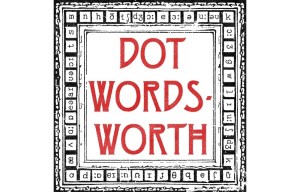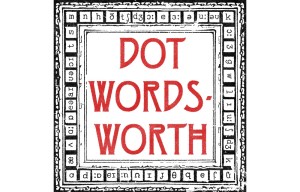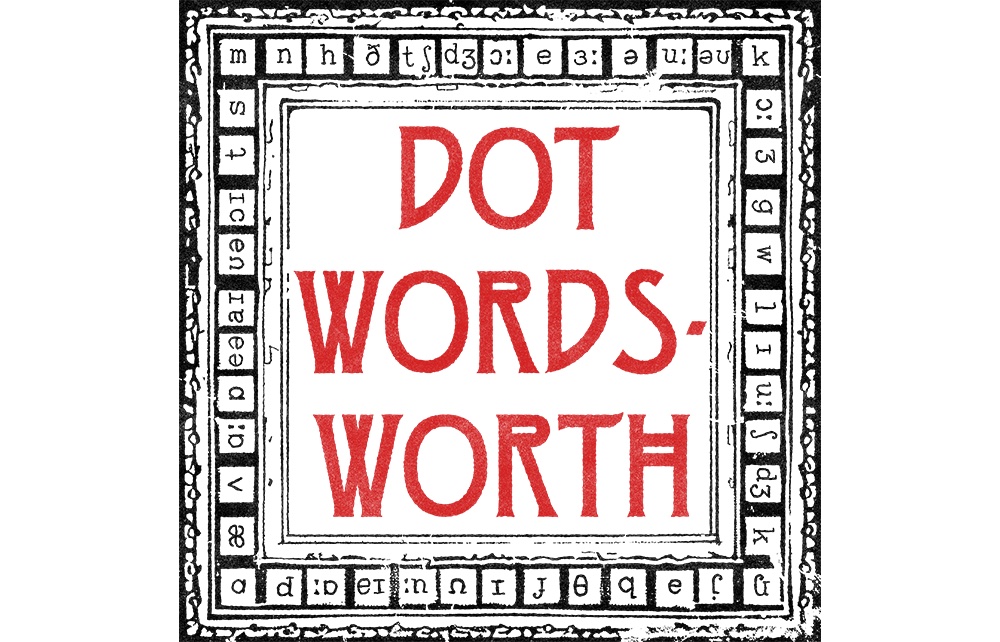Something has gone wrong with the use of quite. One headline late last year read: “Beating Brazil at a World Cup? Quite the experience.” Then I heard: “It’s been quite the dreich day.”
The annoying part is the the. An idiom does exist with quite the, but the meaning is different. If my husband displayed his portly figure in a snug piece of fashion, I might be tempted to say: “You’re quite the Beau Brummell this evening.” But if the afternoon is sunny, then it’s “quite a sunny afternoon.”
Quite, as an adverb, possesses two main contrasting senses: “completely” or “comparatively.” Quite exhausted could mean “utterly exhausted” or “fairly exhausted.” The meaning “completely” came from Anglo-Norman terms such as quit (“acquitted, cleared”), itself from Latin quietus. (When Shakespeare makes Hamlet say, “He himself might his quietus make/ With a bare bodkin,” he is referring to death metaphorically, as clearing an account, borrowing from the formula for discharging a debt, quietus est.)
With this sense “completely,” quite contributed a popular idiom in the eighteenth century: quite the thing. George Alexander Stevens’s Distress upon Distress (1752) has the line: “Mark Anthony was a very jemmy [smart] Fellow, and Cleopatra quite the Thing to be sure.”
With the meaning “rather,” Jane Austen employs the usual construction with quite a, in Emma (1815). Mrs. Elton says Mr. Knightley is “quite a humorist.” I think she means he’s “whimsical” rather than “amusing,” but the construction remains the same.
A special case is not quite a gentleman. Trollope has it implied in Is He Popenjoy? (1878): “‘I have always liked the Dean personally,’ said Lady Sarah… ‘But he isn’t — he isn’t quite —’ ‘No; he isn’t quite —,’ said Lord George, also hesitating to pronounce the word which was understood by both of them.”
If Lady Sarah had said that the Dean was quite a gentleman, fine; if a piece of his behavior had made him quite the gentleman, it would not have been quite enough.
This article was originally published in The Spectator’s February 2023 World edition.

























